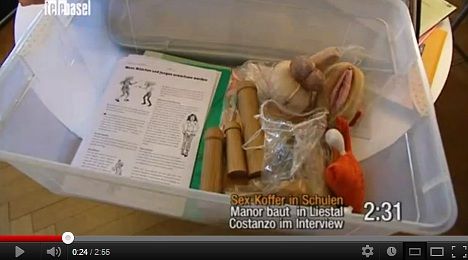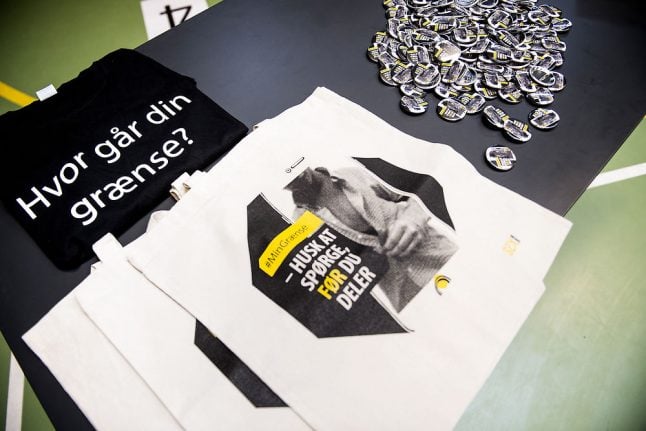The initiative obtained less than half of the 100,000 signatures required within the statutory time period, according to a Federal Chancellery notice.
Soon after the launch of the initiative, it emerged that one of the campaign’s driving forces, 60-year-old Benjamin Spühler, had previously been convicted of sexually abusing a young girl, newspaper Blick reported.
Spühler was sentenced in 1996 to three and a half years in prison for regularly abusing a girl aged between 12 and 15 years old, Blick reported in April.
“It is clearly not on to have such a person fronting the campaign,” 38-year-old Sebastian Frehner of the Swiss People’s Party and co-president of the initiative committee told the newspaper.
The initiative had its roots in the canton of Basel City, which came to media attention with reports of “sex boxes” being used as educational tools. The boxes contained various materials for teaching young children about sex, including wooden replicas of penises and fabric vaginas.
The guide included with the kit instructed pre-school teachers to “show that contacting body parts can be pleasurable.” It also recommended having children massage each other or to rub themselves with warm sand bags, all accompanied by soft music.
The Basel City Parents Committee argued that the materials were pornographic, and said giving children such tuition when they are so young serves only to sexualize them at an unnecessarily early age.
The proponents of the initiative wanted to prevent children younger than nine from being taught any sex education at all, although certain education relating to child abuse would be permitted. From ages nine to twelve, the committee wanted sex education to be non-compulsory so that families could choose to either opt in or out.
From age twelve onwards, children would receive education about sex and reproduction during biology lessons, which the initiators argued is the proper place for such instruction.
Although the campaign has withered this time, initiators have not given up and intend to relaunch the petition at a later date.



 Please whitelist us to continue reading.
Please whitelist us to continue reading.
Member comments